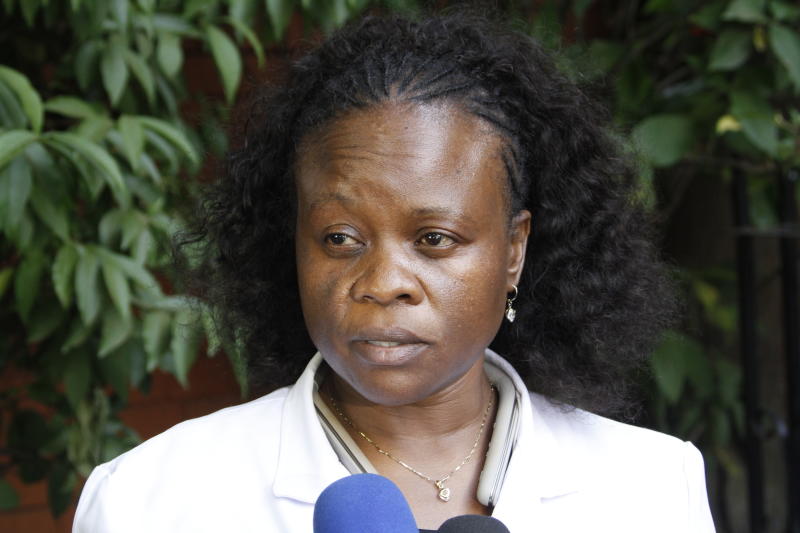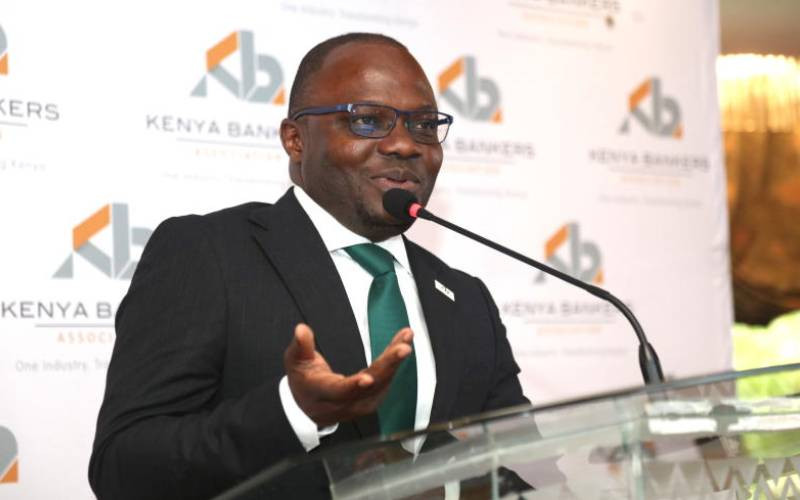×
The Standard e-Paper
Smart Minds Choose Us

The latest Ernst & Young (EY) Entrepreneur of the Year Awards went down last month.
Six CEOs made it through the nomination, vetting, forensic scrutiny and judging phases, beating out more than 250 nominees in Eastern Africa.







